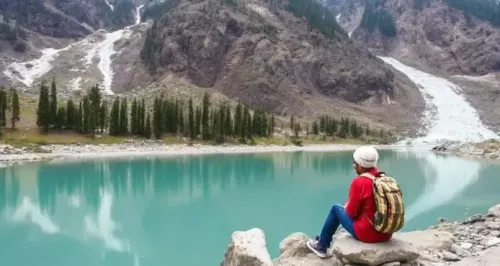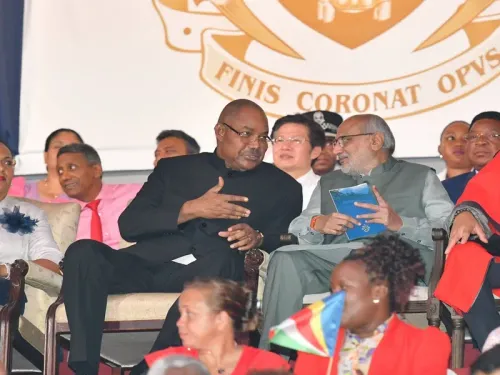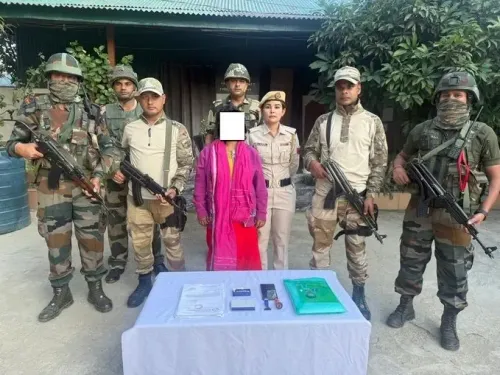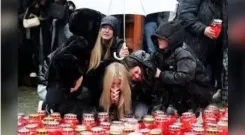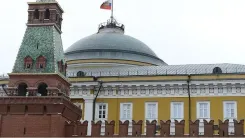Is West Bengal Becoming a 'Taliban State' Under 'Modern Jinnah'? BJP Reacts to Murshidabad Violence Report
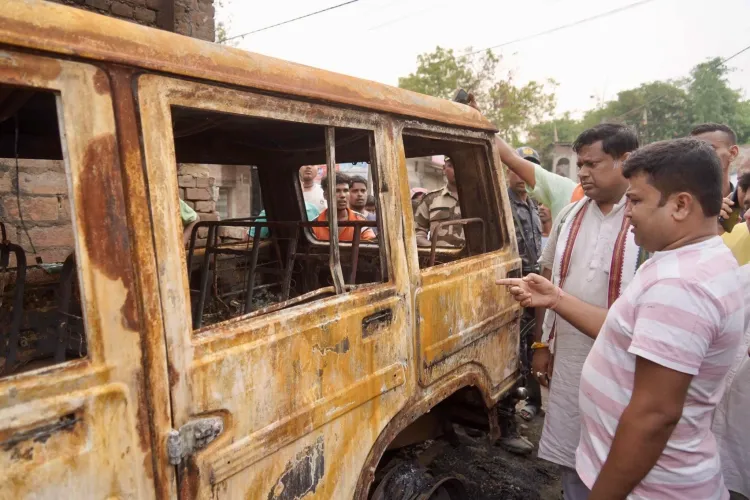
Synopsis
Key Takeaways
- The Calcutta High Court report highlights police failures in managing communal violence.
- BJP accuses the state government of protecting extremists.
- Local political leaders allegedly incited and participated in the violence.
- Significant damage was inflicted on Hindu properties during the unrest.
- The political climate in West Bengal is becoming increasingly contentious.
New Delhi, May 21 (NationPress) The political landscape grew tumultuous on Wednesday following revelations from a three-member committee of the Calcutta High Court, which highlighted significant failures on the part of the state police in managing the communal violence that erupted last month in the Muslim-majority region of Murshidabad, West Bengal.
The BJP launched a fierce critique of the Mamata Banerjee-led administration, claiming it has provided cover for extremists and neglected the safety of Hindu families.
The unrest initially sparked on April 8 in areas such as Dhulian, Suti, and Samserganj, escalating amid protests against the newly introduced Waqf (Amendment) Act.
The Central Armed Police Forces (CAPF) were only deployed late on April 12, after a directive from the High Court's special division bench, which deemed the West Bengal government's responses to the violence inadequate.
Union Minister and West Bengal BJP President Sukanta Majumdar stated during a press briefing, "The committee's findings indicate the involvement of local councillor Mehboob Alam, along with MLAs and other members of the ruling Trinamool Congress. Despite being a key conspirator, the police did not take action against him during the chaos."
Sources indicate the report illustrated how Mehboob Alam led the mob starting from 2 p.m. on April 11, actively engaging in violence alongside other criminals while police remained inactive.
The High Court committee also identified one Amirul Islam, who allegedly directed attackers towards Hindu residences that had yet to be vandalized and looted.
Majumdar emphasized, "Mamata Banerjee had blamed outsiders for the violence, but the report contradicts her claims. This clearly demonstrates her dishonesty and she owes an apology to the people of Bengal."
BJP National Spokesperson Mukhtar Abbas Naqvi remarked to IANS, "India may be the only nation where the majority community endures communal oppression. This is perpetuated by political protection and encouragement afforded to dangerous elements, fueling such horrific incidents."
Labeling West Bengal as a "Taliban state," BJP National General Secretary Tarun Chugh accused Mamata Banerjee of governing through terror and appeasement rather than constitutional principles.
Chugh stated, "Under Mamata Banerjee's leadership, Bengal is ruled by a 'Modern Jinnah.' When the cries of victims are ignored and perpetrators thrive under political protection, it is clear that the system has collapsed."
He asserted that the violence in Murshidabad was not merely an isolated riot but a deliberate assault on Hindus, orchestrated with state government support.
"This massacre occurred under the protection of Trinamool Congress leaders, and the state government must be held responsible," he added.
BJP MP Sudhanshu Trivedi noted that the committee's report revealed that Hindus were specifically targeted in Murshidabad.
"The police turned a blind eye while Trinamool Congress leaders incited and led the mobs. Mamata Banerjee's silence on such targeted violence showcases her cruelty and bias," he remarked, likening the events to other communal attacks from Pahalgam to Murshidabad.
The Janata Dal (United) also condemned the West Bengal government.
JD(U) National Spokesperson Rajiv Ranjan expressed to IANS, "Mamata Banerjee cannot refute the High Court findings. Her government has become synonymous with lawlessness, where political activists, criminals, and police collaborate."
He further stated that the political climate in Bengal has become so toxic under the Trinamool Congress's governance that the forthcoming elections could pose serious challenges for the party.
"The horrors of Murshidabad have revealed how law and order is sacrificed for political advantage," he added.
The High Court committee's findings further disclosed that 113 houses belonging to Hindu families were damaged during the violence. Valuables worth lakhs, including jewelry, cash, livestock, and household items, were either looted or destroyed, sources indicated.
Victims reportedly made numerous calls to the police for assistance, yet no action was taken. Alarmingly, the local police station was located merely 300 meters from the violence scene.

